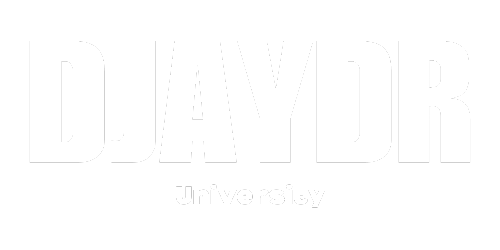Music Licensing
The laws regarding music licensing for radio stations, DJs, producers, and artists in the United States are primarily governed by the Copyright Act of 1976 and the Digital Millennium Copyright Act (DMCA) of 1998. These laws establish the framework for copyright protection and licensing of musical works.
Radio Stations:
Radio stations in the US typically obtain licenses from performance rights organizations (PROs) such as ASCAP, BMI, and SESAC. These PROs represent songwriters and publishers and grant licenses for the public performance of their musical compositions on radio. Radio stations pay licensing fees to these organizations, which then distribute royalties to the rights holders.
DJs:
DJs who perform publicly, such as at clubs or events, may need to obtain performance licenses. This typically involves obtaining licenses from PROs or music licensing companies, depending on the specific circumstances. The licensing fees collected are distributed to the rights holders.
Producers:
Music producers generally do not require specific licenses for creating and producing music. However, if they intend to sample copyrighted material, they must obtain proper permissions or licenses from the copyright holders. Failure to do so may result in copyright infringement.
Artists:
Artists who create original music automatically receive copyright protection for their works. They have the exclusive rights to reproduce, distribute, perform, and display their music. Artists can enter into agreements with record labels or distributors to license their music for distribution, streaming, and other uses. Artists also receive royalties from PROs when their music is publicly performed.
It's important to note that licensing requirements and regulations can vary depending on the specific use, jurisdiction, and agreements between parties. It is advisable to consult with legal professionals or industry organizations to ensure compliance with applicable laws and licensing requirements.


